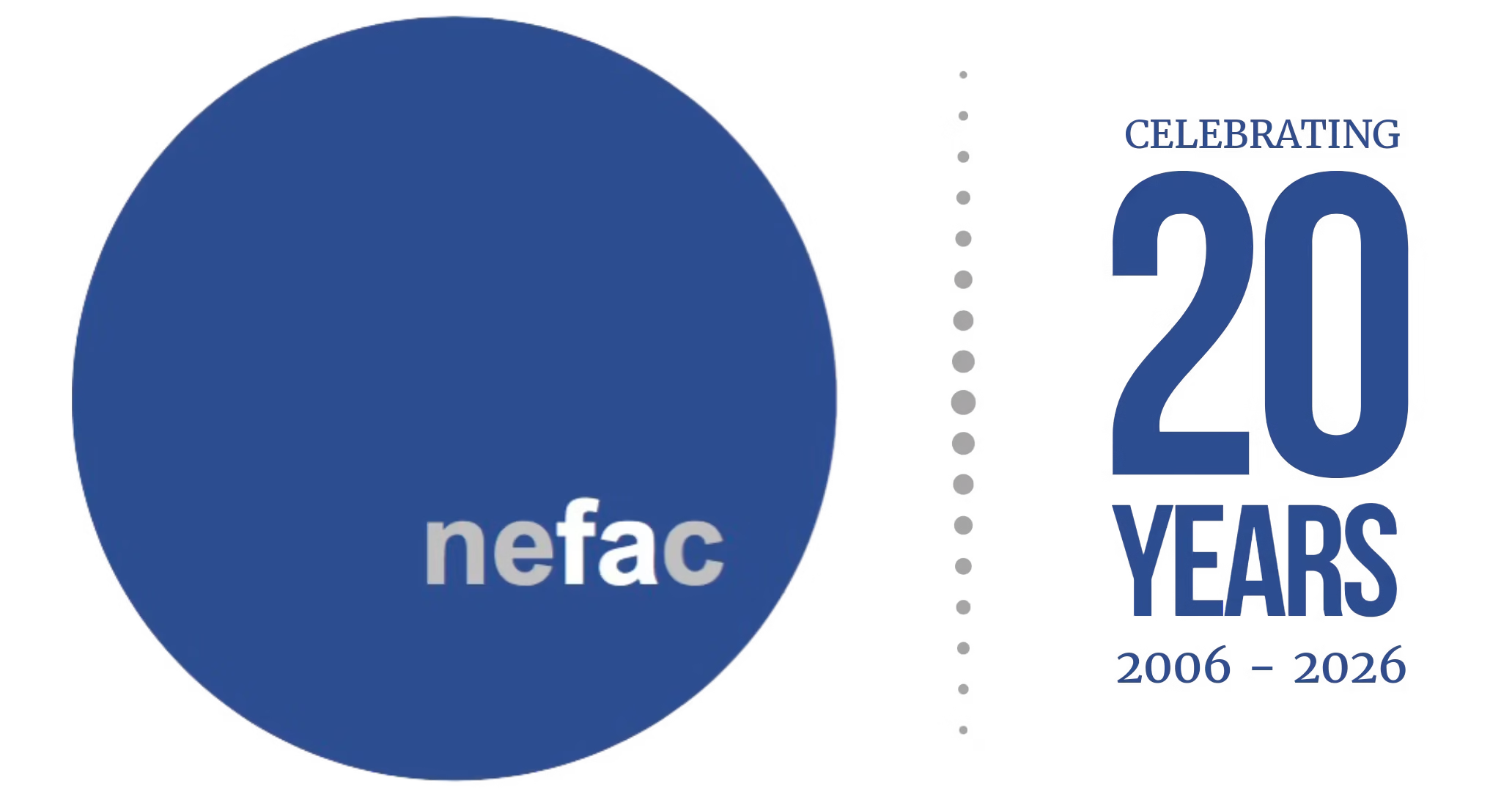We are democracy defenders.
The New England First Amendment Coalition is the region’s leading defender of First Amendment freedoms and government transparency — the foundation of a healthy democracy.
What We’re Doing
What We’re Saying
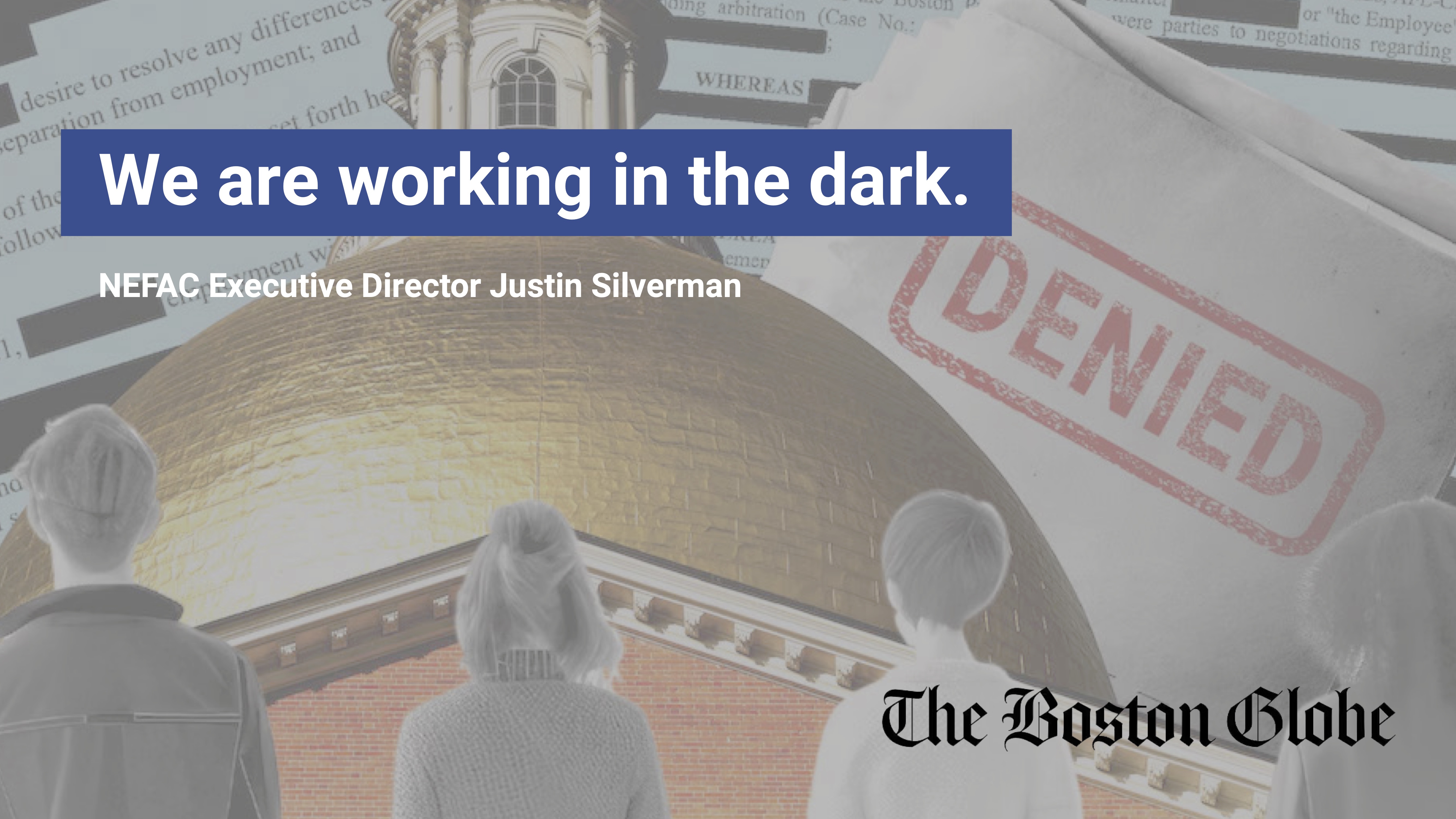
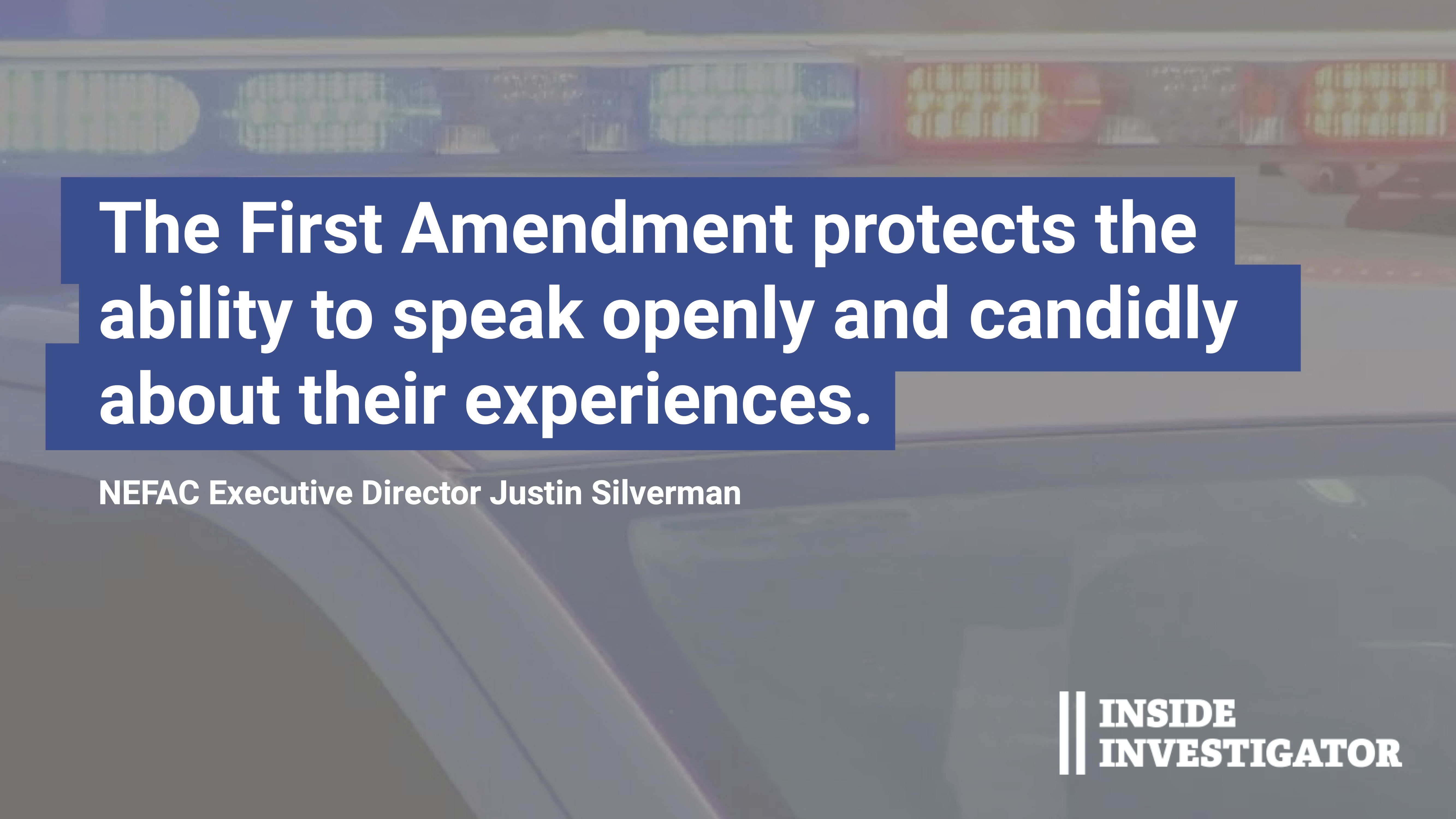
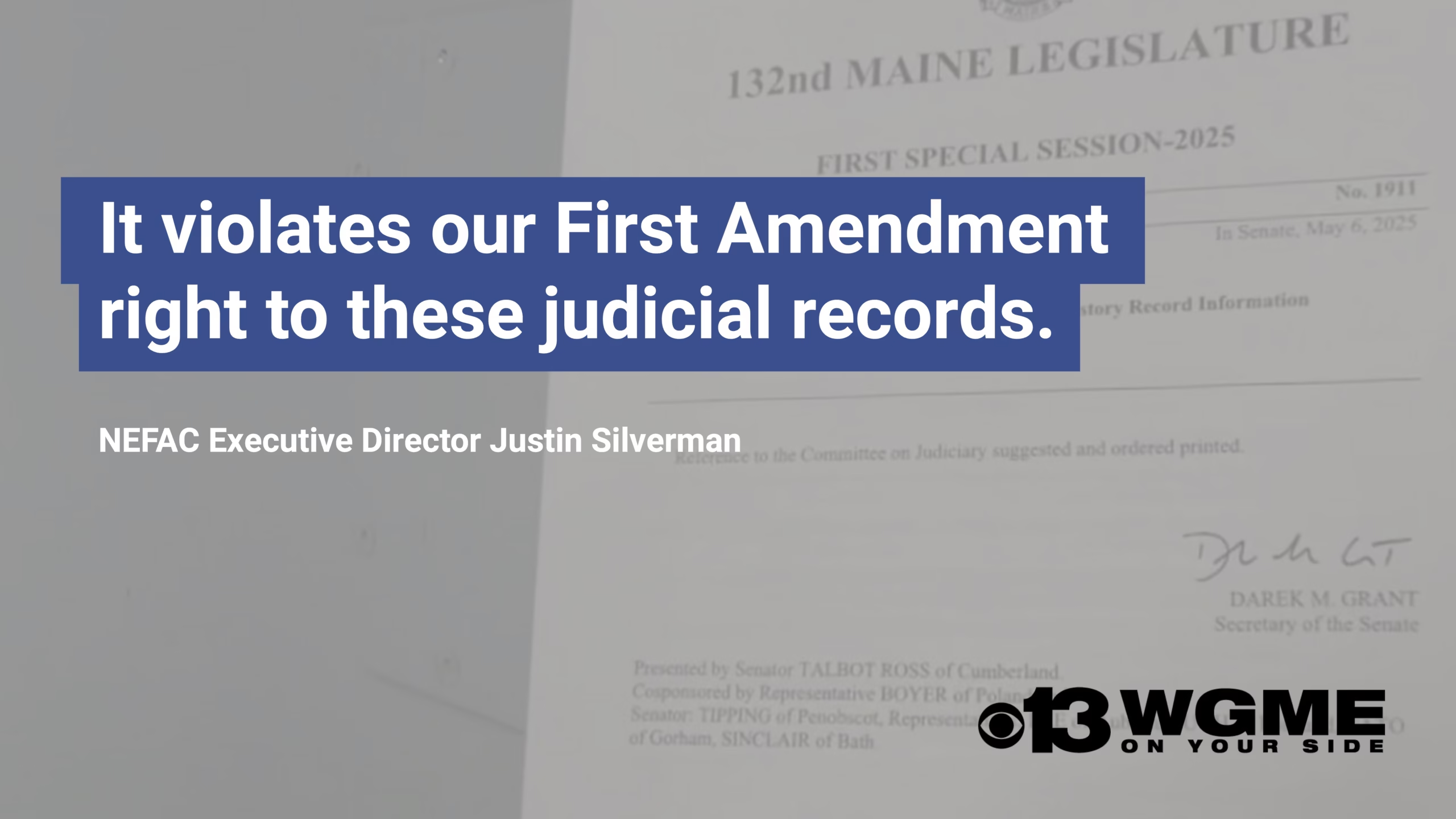
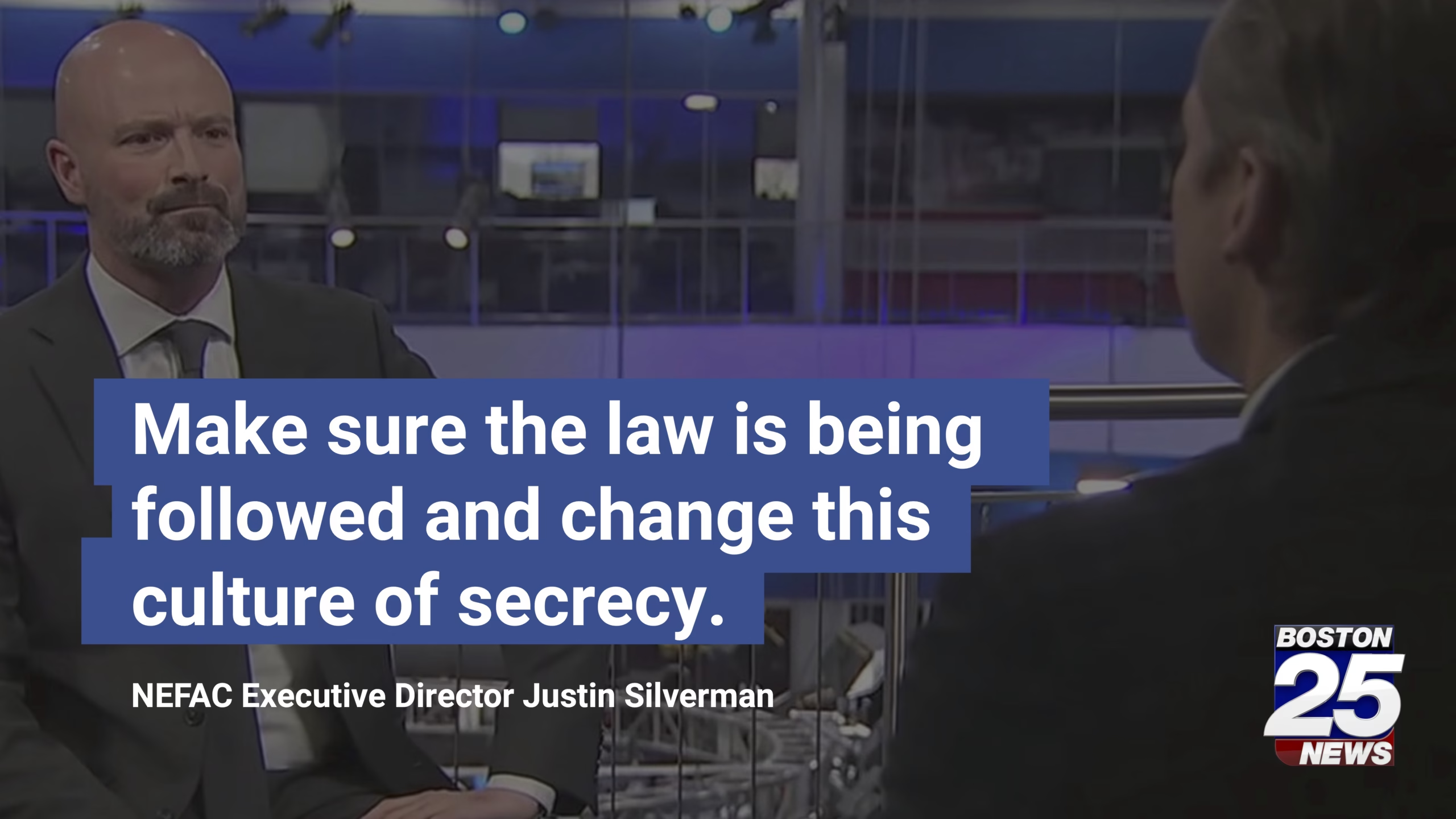
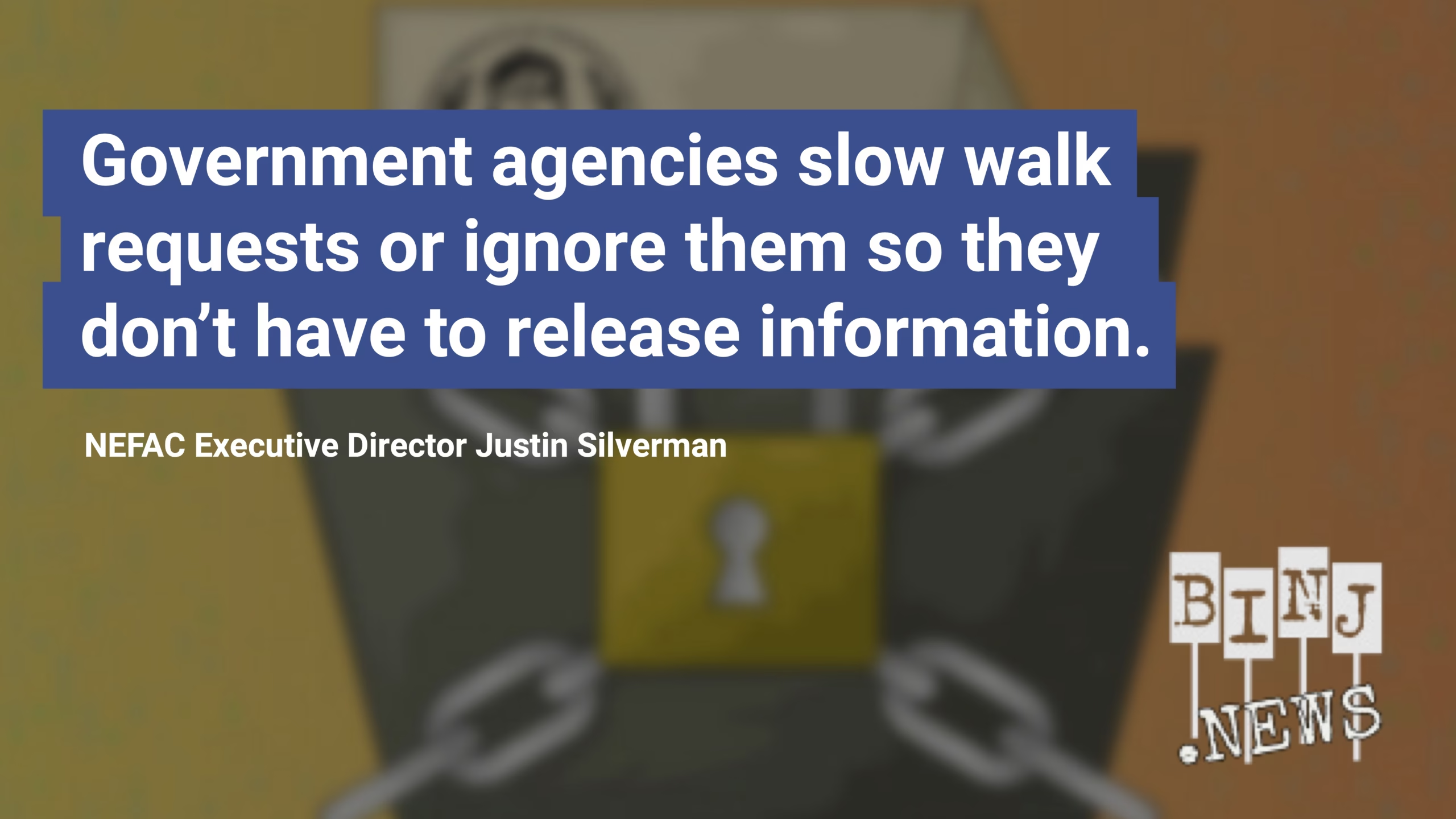
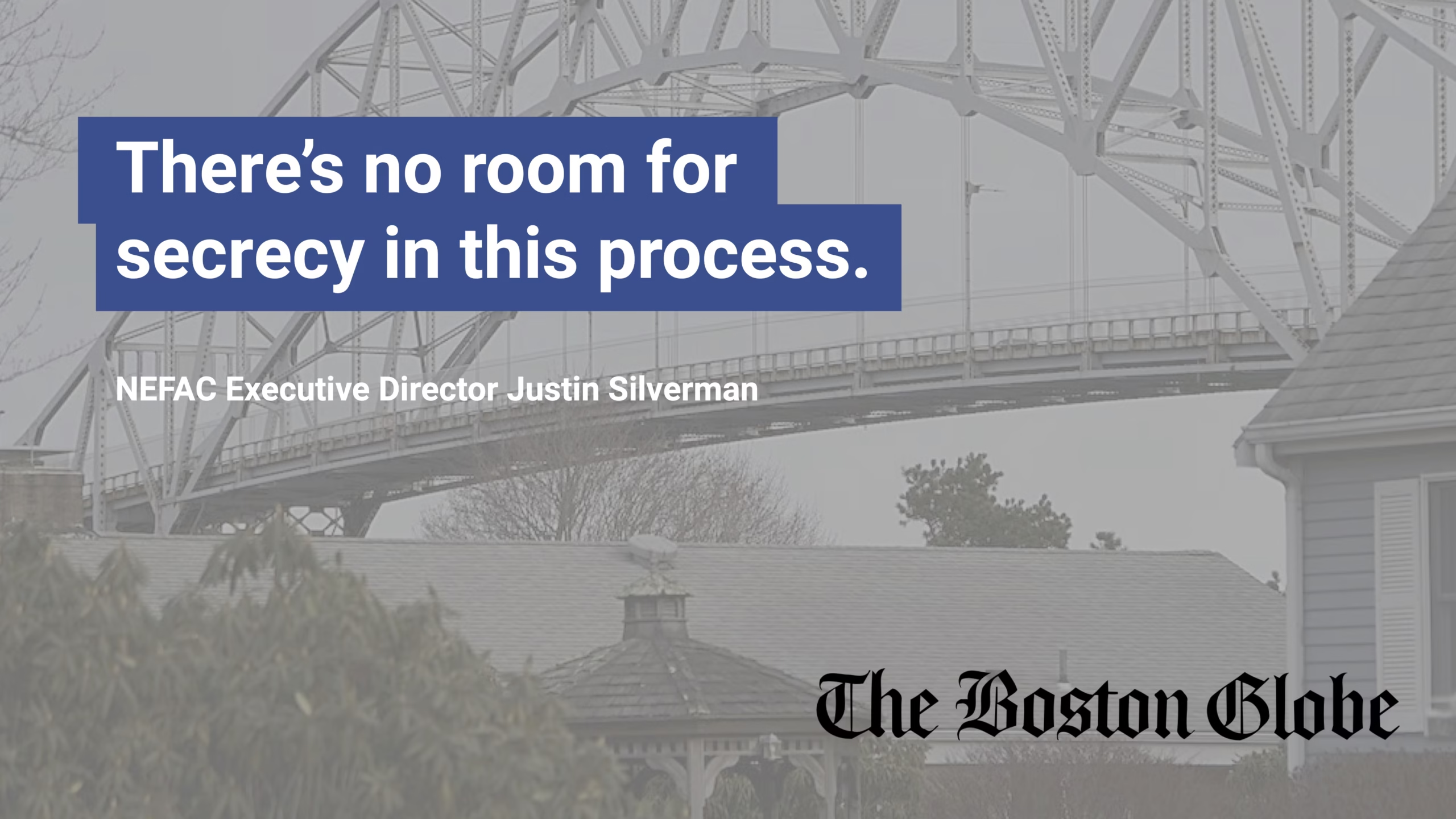
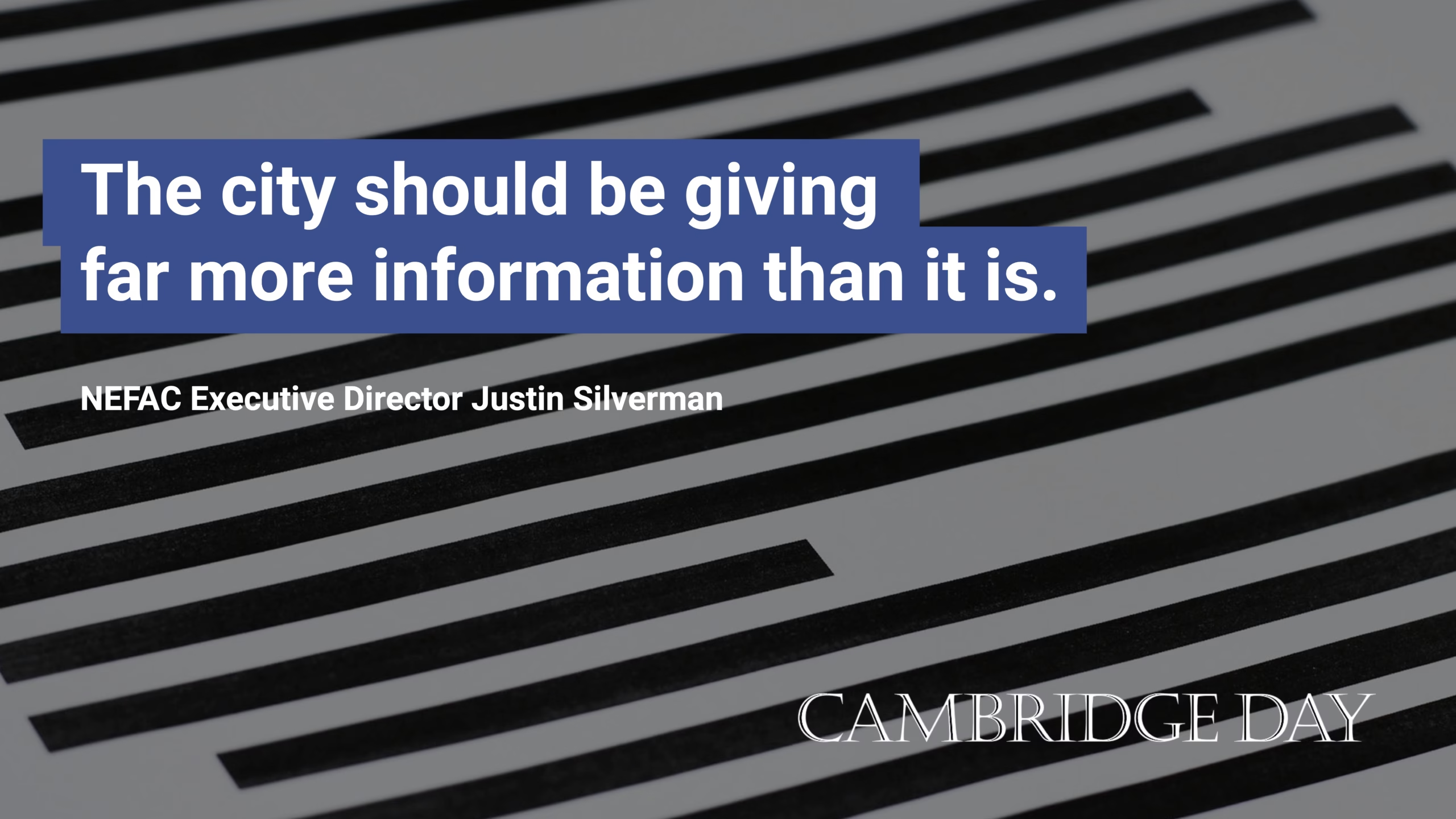
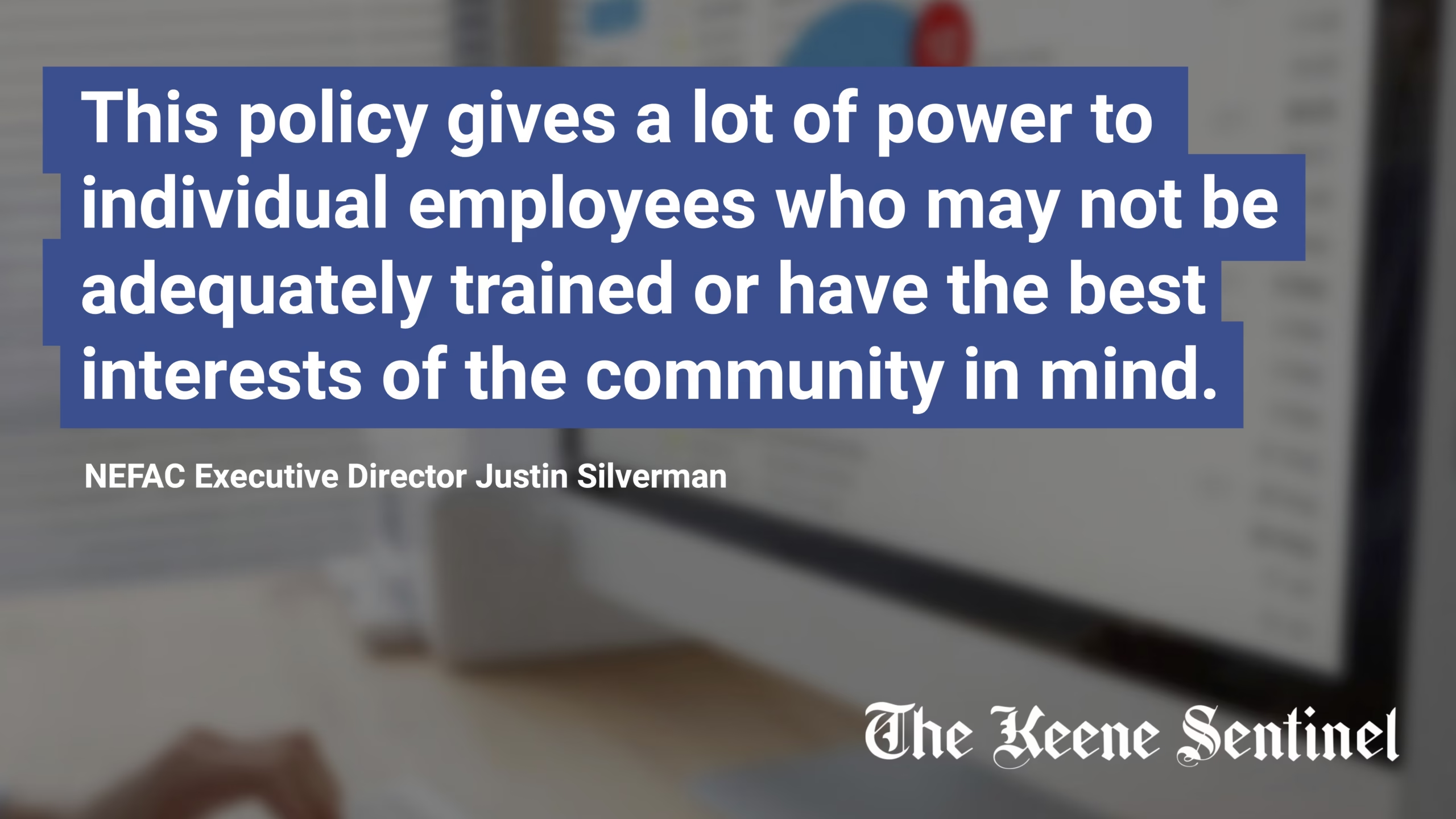
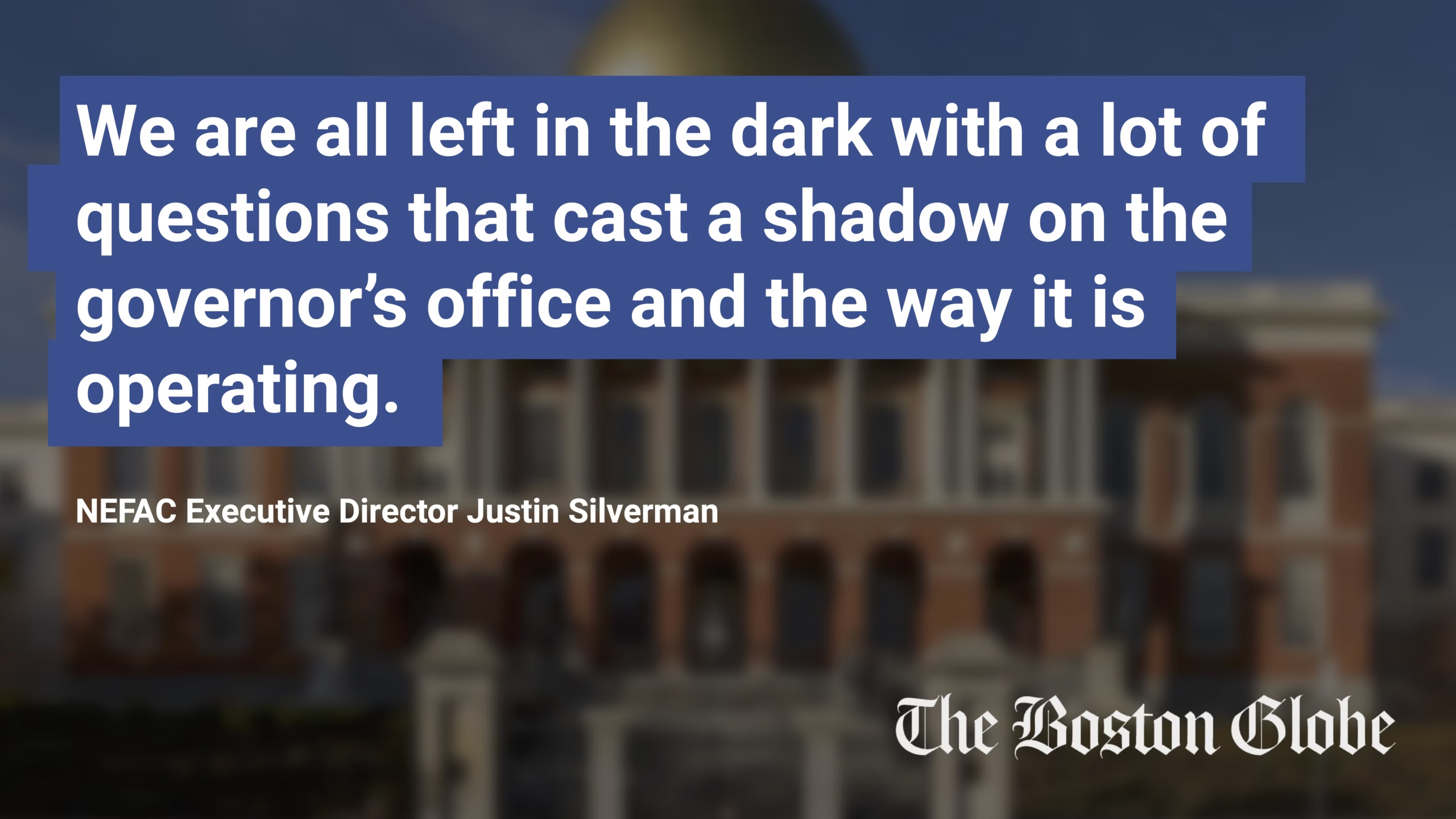
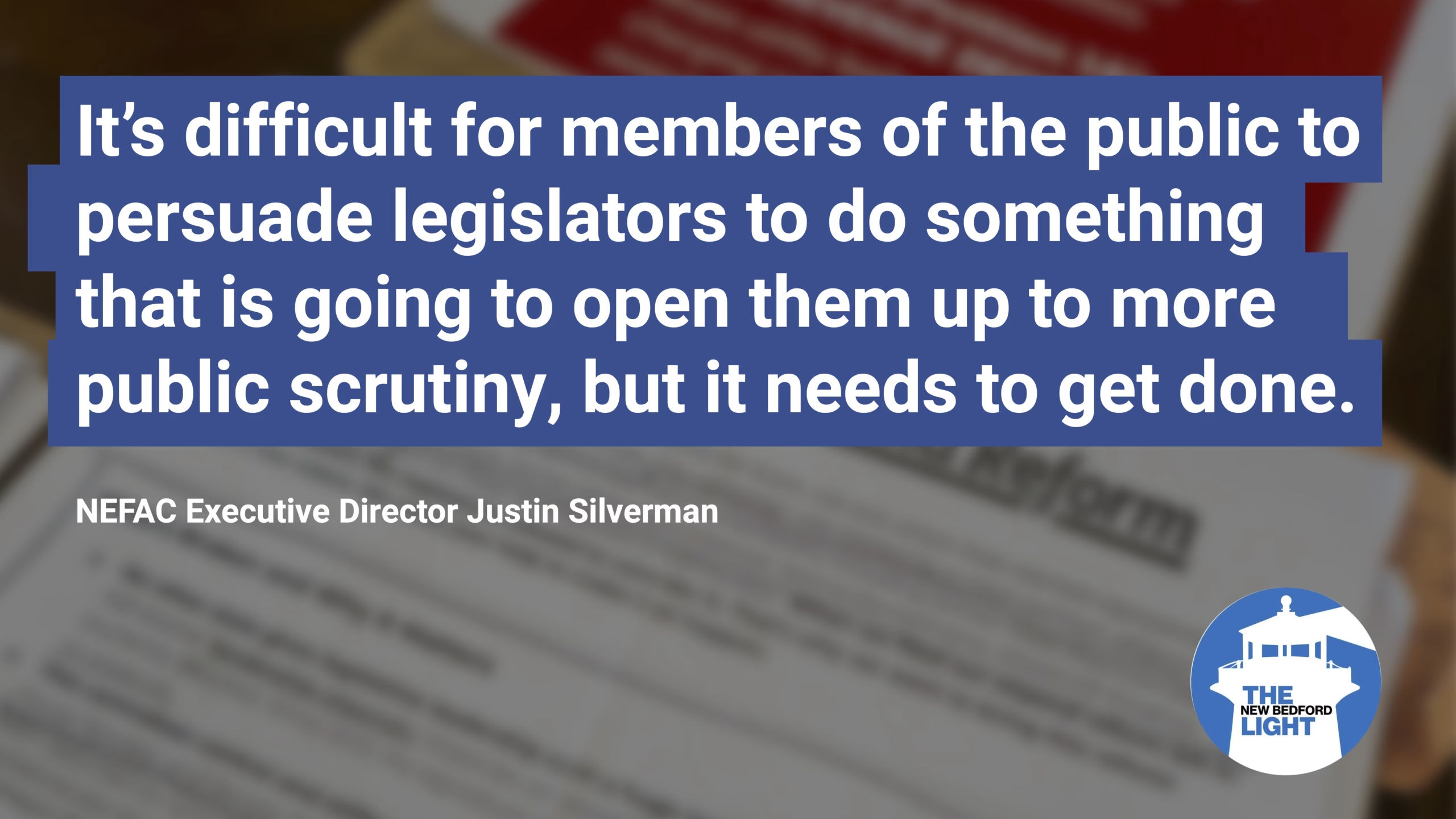
Presentations and Events
March 4, 2026
March 16, 2026
March 18, 2026
March 19, 2026
March 19, 2026
March 19, 2026
University of Massachusetts School of Law
First Amendment and the Free Press
March 19, 2026
March 26, 2026
April 10, 2026
April 28, 2026
University of Massachusetts Amherst
First Amendment and the Free Press
April 28, 2026
April 29, 2026
University of Massachusetts Amherst
First Amendment and the Free Press
April 29, 2026
April 29, 2026
May 19, 2026
Shrewsbury Public Library (Mass.)
First Amendment and the Free Press
May 19, 2026
May 19, 2026
July 14, 2026
August 11, 2026
